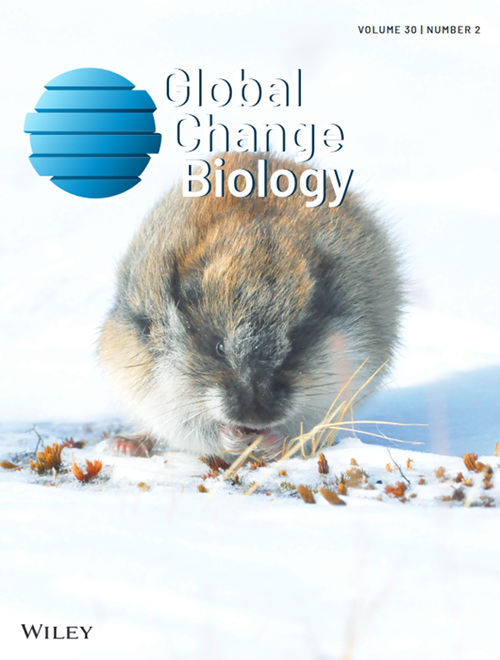Global Avian Frugivore-Fruit Trait Matching Decreases Toward the Tropics
Abstract
Trait matching, the phenomenon where ecological interactions are mediated by compatibility, constitutes a cornerstone of frugivore–fruit interaction network dynamics. Given that biotic interactions have long been hypothesized to be more intense or specialized in the tropics, the intensity of trait matching patterns might likewise exhibit a latitudinal gradient in frugivory networks, yet this remains unverified. Here, we established a dataset encompassing 200 avian frugivorous networks to explore the relationships between the body mass and gape size of frugivore birds and fruit traits (size and color) on a global scale. Our results indicated that frugivore traits were closely associated with fruit traits regardless of the climate, demonstrating a biotic match between the two counterparts. We detected a significant decrease in frugivore–fruit trait matching toward the tropics, which challenges prevailing concepts considering the high biodiversity therein. Our structural equation modeling clarified that latitude and temperature exert an indirect influence on trait matching by affecting gape size and fruit traits. These discoveries emphasize the impact of the latitudinal gradient of temperature in driving the observed patterns of trait matching. The weaker trait matching in tropical regions may suggest more complex interactions therein and also highlights the potential for altered network structures amid global climate change.



 求助内容:
求助内容: 应助结果提醒方式:
应助结果提醒方式:


